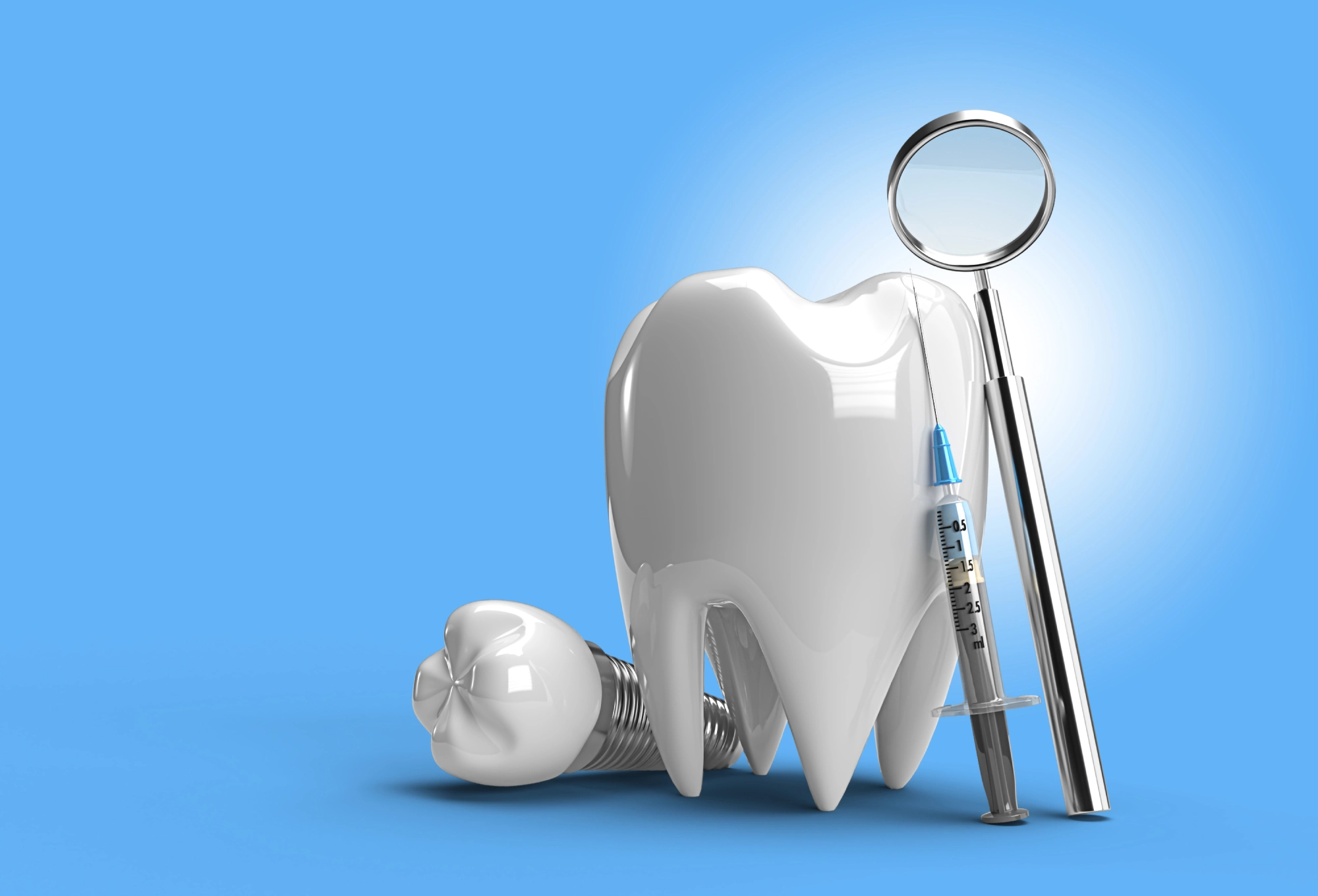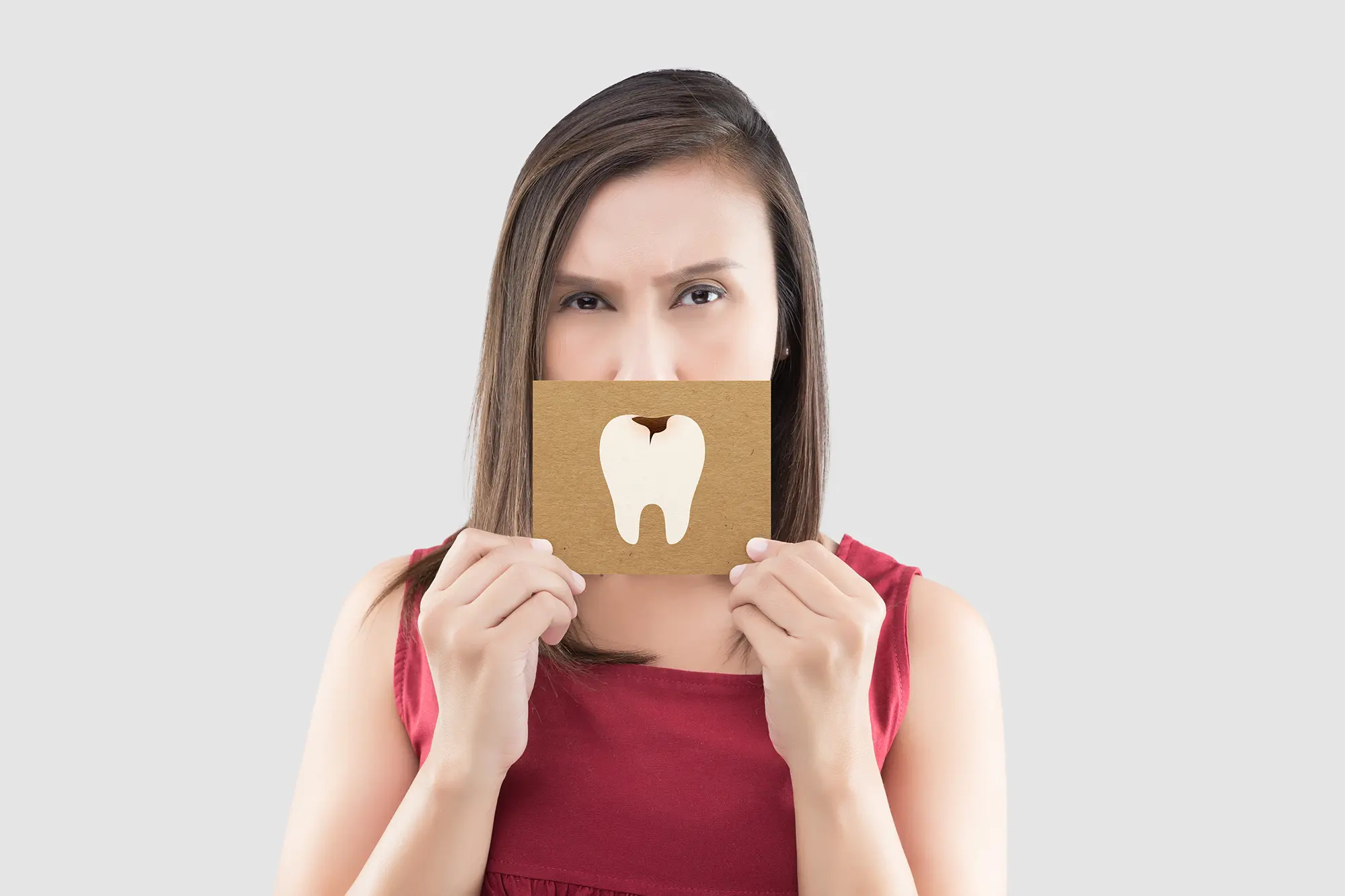Our City Dentist Explains How Oral Health Affects Your Whole Body Health
Oral health is extremely important for our overall health and well-being. The health of our mouth can provide insights into what’s going on in the rest of our body. There’s a clear link between oral health and overall health, and that shouldn’t be ignored.
Explore this connection with our City dentist, Dr. John R. Jones, at Precision Dentistry, and why oral health matters for our overall well being. If you’re looking to schedule an appointment, contact our dental team today by calling (830)896-8343.
Poor Oral Health Increases the Risk of Systemic Diseases
Several systemic diseases have been linked to poor oral health. Periodontitis, an advanced form of gum disease, has been shown to increase the risk of heart disease. The inflammation caused by periodontitis enables bacteria to enter the bloodstream and travel to major organs, potentially leading to further complications. Studies have found that those with periodontitis have a nearly two times greater chance of experiencing cardiovascular issues such as heart attack or stroke.
Diabetes is another health concern that can be impacted by oral health. Not only are people with diabetes more susceptible to oral infections, but periodontal disease can also cause blood sugar to be less controlled in diabetics. This relationship goes both ways, as high blood glucose levels can also increase the risk of gum disease. That’s why proper oral hygiene is critical for those with diabetes to keep inflammation and infection at bay.
Respiratory diseases can also be exacerbated by bacteria that originate in the mouth. Bacteria can travel from the mouth to the lungs, increasing the risk of pneumonia, acute bronchitis, or chronic obstructive pulmonary disease (COPD). This is particularly relevant in individuals with compromised immune systems or pre-existing respiratory conditions.
Even rheumatoid arthritis and low birth weight have been linked to poor oral health. Poor oral hygiene increases systemic inflammation, increasing the risk for multiple chronic diseases and adverse health events.
Oral Health and Nutrition
The mouth is the entry point for nutrition for the rest of the body via eating and drinking. If your oral health is poor, it can negatively impact the way you intake proper nutrition. Tooth loss, ill-fitting dentures, cavities, and gum disease can all contribute to challenges with eating. Individuals may avoid certain foods that are difficult to chew, such as fruits, vegetables, nuts, and seeds. The lack of proper nutrition that results can impact weight, immunity, energy levels, and more.
Chewing and tasting food relies on good oral health. Our teeth grind food into digestible pieces, and our taste buds allow us to discern different flavors and experience the joy of eating delicious foods. Cavities, missing teeth, dry mouth, and gum disease affect our ability to chew and taste foods properly.
If you’re dealing with tooth pain, bleeding gums, or any other problem inhibiting your eating habits, contact our dentist in City to schedule an appointment.
Oral Bacteria Can Impact Overall Health
There are over 700 species of bacteria that inhabit the oral cavity. Most are harmless and normal flora, but some can be detrimental to our health if they overgrow.
Bacteria in the mouth can lead to infection locally in structures like the gums and jawbone. Abscesses in the gums or bones require immediate treatment with antibiotics to prevent more severe complications. Certain strains of oral bacteria are also linked to throat cancer. Proper oral hygiene decreases bacterial levels and can prevent overgrowth of harmful bacteria.
Oral Health Connects to Mental Health
The importance of oral health for speaking, eating, tasting, and smiling significantly impacts our mental health. Tooth loss and gum disease can contribute to social isolation and lowered self-esteem. Speech problems from tooth loss can lead to withdrawal from social interactions. Difficulty eating due to dental problems can rob people of the enjoyment of food and sharing meals with others.
Chronic oral pain and infections have also been linked to depression and anxiety. Additionally, certain medications used to treat psychiatric conditions like depression can cause dry mouth and other oral issues as side effects.
How to Maintain Good Oral Health
Given the link between oral health and overall health, proper oral hygiene habits are essential. This includes brushing at least twice a day for two minutes with fluoride toothpaste. Flossing once a day removes plaque between teeth that brushing alone cannot reach. Seeing our City dentist for regular checkups and cleanings is also imperative. If it has been over six months since your last dental visit, schedule an appointment for a dental cleaning and exam.
Eating a low-sugar diet with limited acidic and starchy foods also helps maintain good oral health. Drink plenty of water each day and limit soda, fruit juice, and sports drinks high in acid. Don’t smoke cigarettes or chew tobacco, both of which increase the risk of gum disease and oral cancer.
If you experience pain, swelling, or infection in your mouth, see a City dentist immediately. Don’t ignore signs of oral health problems.
Visit Precision Dentistry For Excellent Whole-Body Health
Our oral health impacts far more than just our mouth. Poor oral hygiene increases the risk of systemic disease, impacts nutrition, and worsens mental health. Making oral health a priority with proper hygiene, regular dental visits, and a healthy diet leads to better overall well-being. Our mouth is the gateway to our body—let’s take care of it!
Call (830)896-8343 to schedule your appointment at Precision Dentistry. We’re here to protect your health for years to come.





